1 April 2025
Parenting is filled with endless choices—what to feed your child, how to discipline them, and what bedtime routine works best. But one thing is clear: play is non-negotiable when it comes to childhood development.
Many parents think of play as just a way to pass the time or burn off some of that boundless toddler energy. But in reality, play is the foundation of learning for preschoolers.
So, why is play so important? And how can you make sure your child gets enough of it? Let’s dive in. 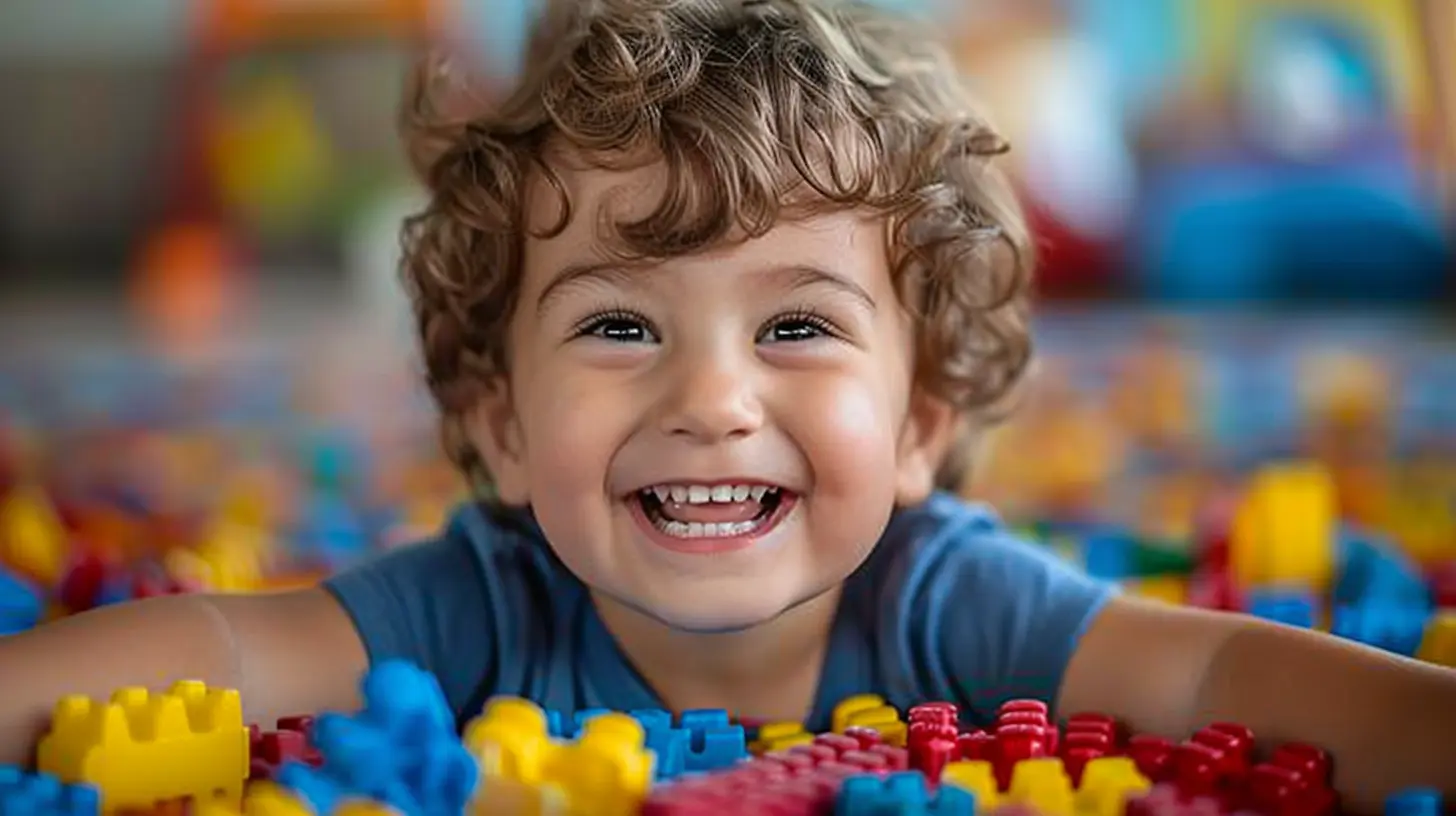
The Science Behind Play and Child Development
Play isn’t all fun and games—at least, not in the sense that it’s meaningless. In fact, research shows that play is essential for cognitive, social, emotional, and physical development.During play, a child's brain is on fire with activity—creating new neural connections, testing boundaries, and learning problem-solving skills without even realizing it.
Think about it: when your child builds a tower out of blocks, they’re not just stacking pieces together. They’re learning about balance, cause and effect, and persistence. When they play pretend, they’re flexing their imagination, language skills, and emotional intelligence.
Play is the ultimate learning tool—and it’s completely free! 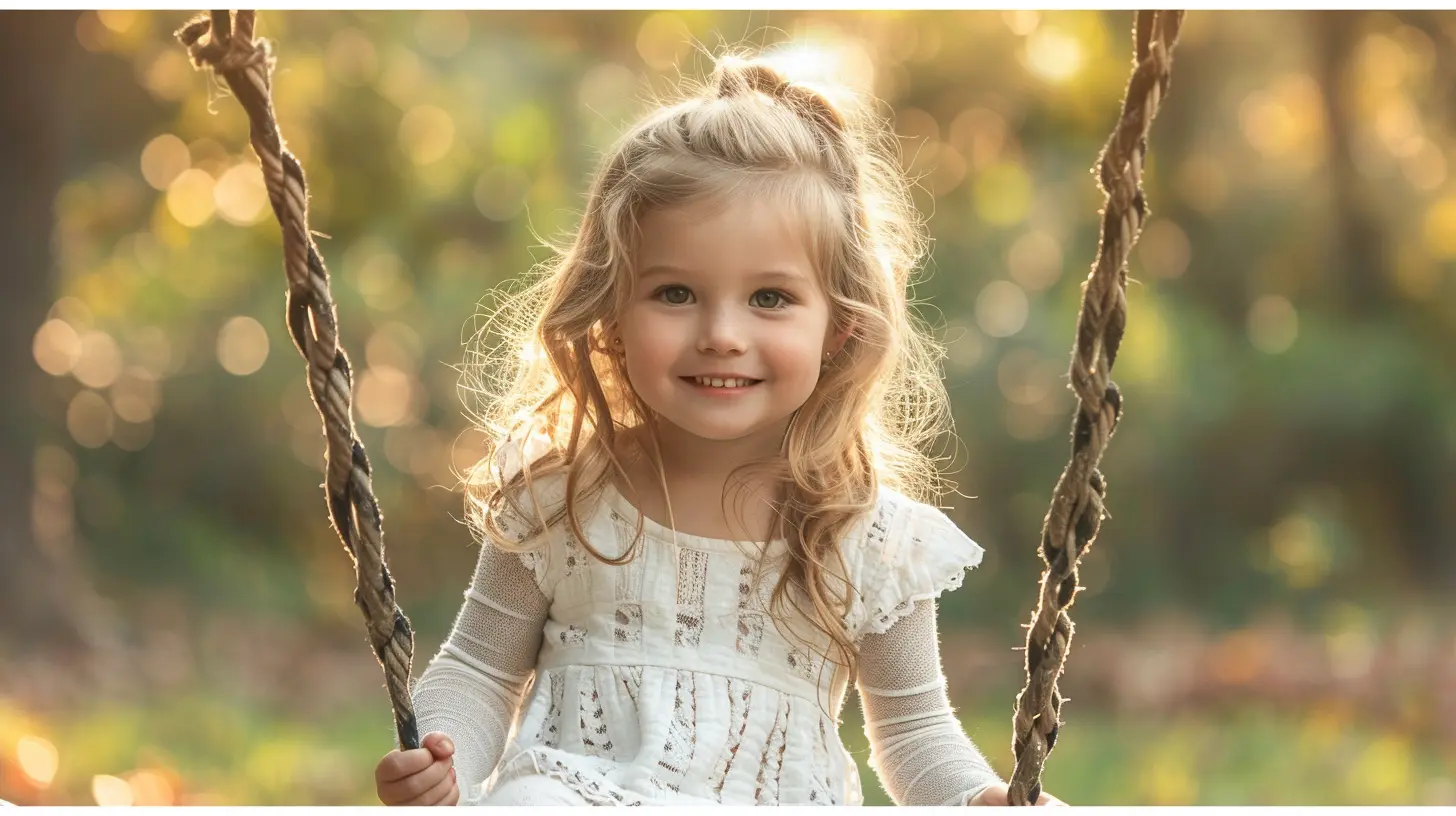
Different Types of Play and Their Role in Development
Not all play is the same, and each type contributes to different aspects of a child's growth.1. Creative Play (Imaginative & Pretend Play)
This is where kids become superheroes, doctors, or astronauts in their own little worlds. Pretend play enhances:- Cognitive development (problem-solving and thinking outside the box)
- Social skills (negotiation, cooperation, and empathy)
- Emotional regulation (learning how to express feelings through role play)
Next time your child insists on playing "restaurant" for the tenth time, remember—they’re not just serving you imaginary food; they’re building real-world skills.
2. Physical Play (Active Play & Outdoor Games)
Running, jumping, climbing—these activities are more than just a way for kids to burn off energy. Physical play helps with:- Motor skills development (coordination, balance, and strength)
- Overall health (reducing obesity and promoting an active lifestyle)
- Emotional well-being (lowering stress and boosting mood through endorphins)
Encouraging outdoor play is one of the best things you can do for your child. Plus, it’s good for you too—chasing a preschooler around is basically a full-body workout!
3. Social Play (Group Play & Cooperative Play)
Playing with friends teaches kids invaluable life lessons like:- Sharing and taking turns (a skill many adults could work on!)
- Teamwork and leadership (learning how to work together toward a common goal)
- Conflict resolution (navigating disagreements and problem-solving)
Whether it's a simple game of "tag" or building a fort together, social play is the foundation of strong interpersonal skills.
4. Constructive Play (Building & Creating)
Legos, puzzles, Play-Doh—anything that involves creating something from scratch falls into this category. This type of play:- Enhances fine motor skills (strengthening hand-eye coordination)
- Boosts problem-solving abilities (trial, error, and innovation)
- Fosters patience and persistence (things don’t always go as planned, and that’s okay!)
There's nothing more rewarding for a child than seeing their ideas take shape—whether it's a block tower or a finger painting masterpiece.
5. Sensory Play (Exploring Textures, Sounds, and Smells)
From playing with kinetic sand to splashing in water, sensory play is crucial for:- Cognitive growth (understanding different textures and properties)
- Emotional regulation (sensory play can be incredibly calming)
- Language development (describing sensations strengthens vocabulary)
If your child loves mudding up the backyard, don’t stress—getting messy is part of learning about the world! 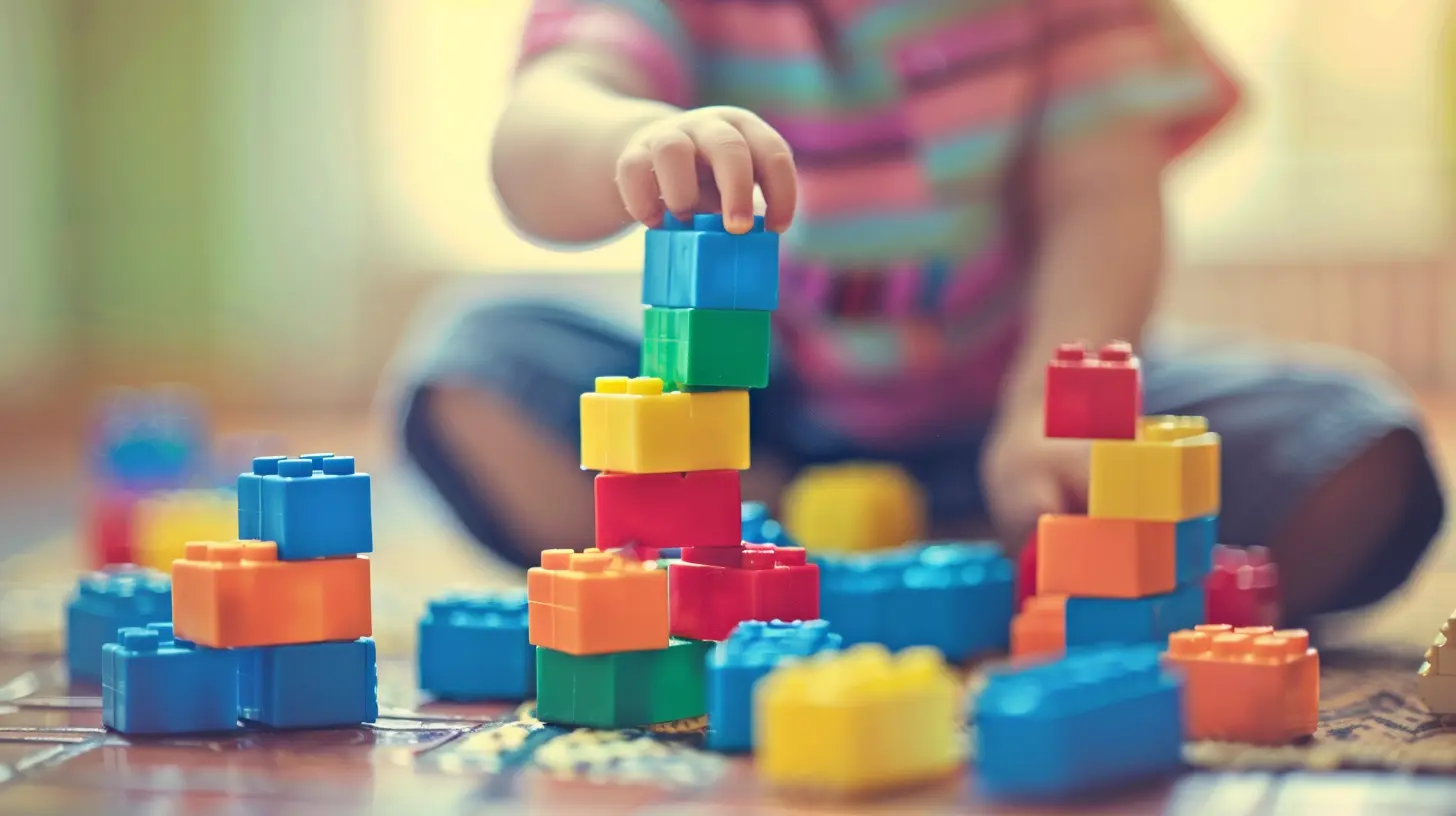
The Benefits of Play in Everyday Life
Now that we know about the different kinds of play, let’s talk about why play is crucial in a child’s day-to-day development.1. Play Makes Learning Fun
Kids don’t learn by sitting still and listening to lectures. They learn by doing. Play turns concepts like numbers, colors, and language into hands-on experiences that actually stick.Ever noticed how your child can memorize the lyrics to their favorite songs after only a few listens? That’s because play-based learning is natural!
2. Play Strengthens Emotional Skills
Through play, kids process big emotions—joy, frustration, excitement, disappointment. Playing house or pretending to be superheroes helps them act out and manage real-life emotions in a safe space.When a child loses a game, they learn resilience. When they take turns, they develop patience. They’re prepping for real-world challenges in ways we, as adults, might not even realize.
3. Play Builds Confidence and Independence
Imagine this: your child is struggling to put together a puzzle. They try and fail multiple times. But when they finally succeed, they glow with pride.That feeling? It’s the foundation of confidence. Play encourages kids to take risks, problem-solve, and discover that failing is just another step toward success.
4. Play Enhances Focus and Attention
Many parents worry about their child’s attention span. But here’s the thing—kids naturally focus when they’re engaged in something enjoyable.Instead of forcing “sit-down” learning, let your child explore problem-solving through play. You’ll be surprised at how much longer they can concentrate when they’re having fun!
5. Play Strengthens Parent-Child Bonds
Playing together isn’t just fun—it’s a bonding experience. Whether it’s building a pillow fort, playing tag, or having an impromptu dance party, these moments create strong emotional connections between parent and child.And let’s be honest—who doesn’t want an excuse to act like a kid again? 
How to Encourage More Play (Without Screens!)
While screens can be educational, nothing beats hands-on, real-world play. If you want to boost your child’s playtime, here are a few easy ways:- Create a “yes” space – Make an area where your child can explore freely without constantly hearing “don’t touch that!”
- Get outside – Nature provides the best playground, and it’s completely free!
- Let them get messy – Mud, paint, and water play are sensory goldmines.
- Join in – Kids love when parents play too—it makes them feel seen and valued.
- Limit structured activities – Free play is just as important as organized sports or lessons.
The key is to make playtime a priority, even in a busy schedule.
Final Thoughts
Play isn’t just a pastime for preschoolers—it’s the cornerstone of their development. Through play, kids learn, grow, and thrive, all while having fun. And the best part? It doesn’t require any fancy toys or expensive programs.So, the next time your child wants to play “pirates” or build an entire town out of Legos, remember—they’re not just playing. They’re learning, creating, and preparing for life.
Now, go ahead—grab a toy, jump into their world, and let the magic of play begin!

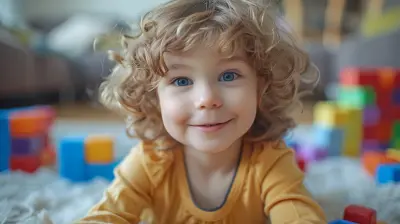
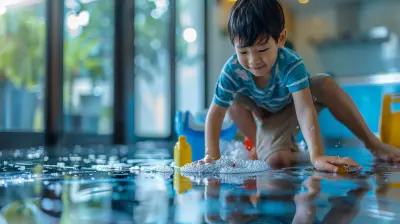
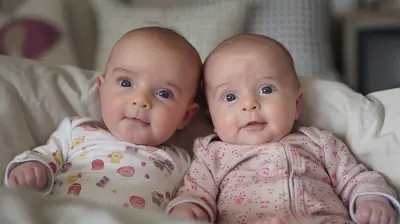
Runehart Erickson
What a delightful reminder of play’s importance! Embracing creativity and fun truly nurtures our little ones' growth and development. Thank you!
April 3, 2025 at 3:28 AM